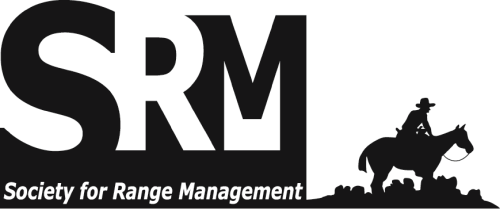Invasive winter annual grasses such as cheatgrass (Bromus tectorum), medusahead (Taeniatherum caput-medusae), and ventenata (Ventenata dubia) are a threat to native ecosystems throughout the US.� Cheatgrass out-competes native vegetation with devastating consequences including more frequent and more intense wildfires, degraded wildlife and pollinator habitat, loss of diversity, and inferior recreation experiences.� For decades, land managers have been attempting to recover cheatgrass dominated sites; however, there are currently limited management options that work consistently, provide multiple years of control, and do not injure desirable plant communities.� While glyphosate, imazapic (Plateau�, BASF), and rimsulfuron (Matrix�, Bayer) are herbicides commonly recommended to control invasive annual grasses, short-term control results in rapid reinvasion of treated areas via the soil seed bank (<5 years).� Indaziflam (Esplanade� 200SC, Bayer) is a cellulose biosynthesis inhibiting (CBI) herbicide that is a unique mode of action for resistance management.� Multiple field studies at Colorado State University have shown Esplanade 200SC provides long-term (3+ years) cheatgrass control with a single application.� In addition, Esplanade 200SC promoted the reestablishment of the co-occurring plant community by increasing perennial grass (36-fold) and forb biomass (5-fold), and plant diversity (richness) over time.� Esplanade 200SC research trials have been conducted throuhgout the western US including Washington State University and Utah State University.� These studies have resulted in >99% ventenata and medusahead control the second year after treatment.� In a greenhouse study, indaziflam applied preemergence was on average 12 times more active than imazapic on six invasive annual grasses including cheatgrass, medusahead, and ventenata.� Indaziflam could potentially be used to eliminate the soil seed bank of these invasive grasses, decrease fine fuel accumulation, and ultimately increase the competitiveness of perennial co-occuring species on western rangelands.� Bayer is currently conducting the studies necessary to establish a grazing tolerance for use on sites grazed by domestic livestock.

Oral presentation and poster titles, abstracts, and authors from the Society for Range Management (SRM) Annual Meetings and Tradeshows, from 2013 forward.